The main application of the slitting machine and its technical characteristics
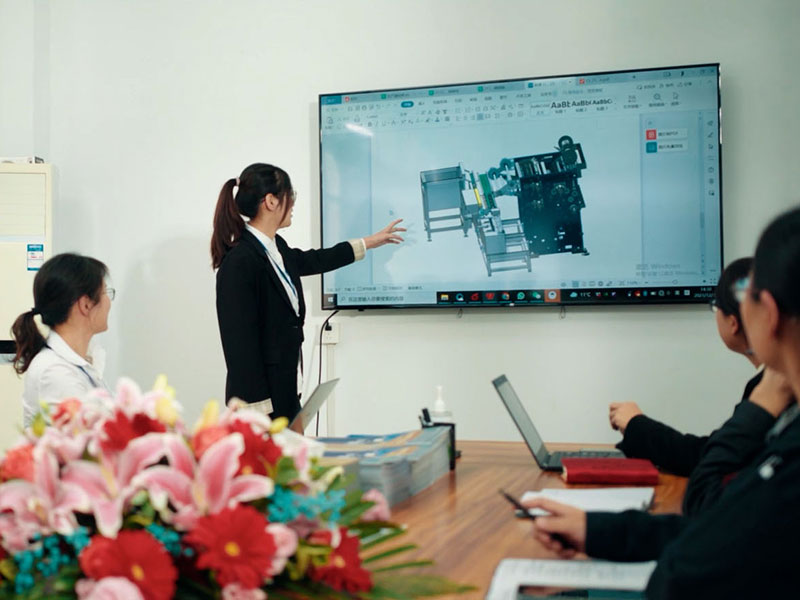
Slitter is a key industrial equipment that is widely used in the precise cutting and processing process of various materials. It is able to cut raw materials or semi-finished products to the required size and shape to meet the production needs of different industries. The following is an introduction to the main applications of the slitting machine and its technical characteristics:
1. Applications:
- Packaging industry: used to cut various packaging materials, such as plastic film, paper, aluminum foil, etc., to produce various packaging bags, packaging boxes, etc.
- Printing industry: used to cut printed materials, such as labels, advertising backgrounds, stickers, etc., to ensure the accuracy and aesthetics of printed materials.
- Electronics industry: used to cut circuit board materials, electronic components, to ensure the quality and performance of electronic products.
- Textile industry: used to cut fabrics, textiles or composites, to manufacture clothing, household goods, etc.
- Building materials: It is used to cut various building materials, such as thermal insulation materials, waterproof materials, etc., to ensure construction quality and efficiency.
2. Technical features:
- High precision: It can achieve precise cutting at the micron level, ensuring the accuracy and consistency of product dimensions.
- Automatic operation: Equipped with an advanced automatic control system, the cutting operation can be carried out automatically according to the preset parameters, reducing human intervention and improving production efficiency.
- Versatile adaptability: Able to handle different types of materials and different thicknesses to meet diverse production needs.
- Efficient production: Fast processing speed, able to quickly complete the cutting task of a large number of materials, improve production efficiency and reduce costs.
- Stable and reliable: The equipment structure is stable, with good operational stability and long-term reliability, to ensure the continuity of the production line.
3. Development Trends:
- Intelligent and digital: With the development of industrial intelligence, slitting machines are developing in the direction of intelligence and networking, enhancing the remote monitoring and automatic adjustment capabilities of equipment.
- Energy conservation and environmental protection: Optimize energy efficiency, reduce resource waste and environmental impact.
- Customization Needs: The market demand for personalization and specific products increases, and the flexibility and customization capabilities of slitters will become an important direction for development.
To sum up, slitting machines play a vital role in industrial production, and their high precision, high efficiency and multi-functional adaptability make them have broad application prospects and development potential in many industries.
Recent Post
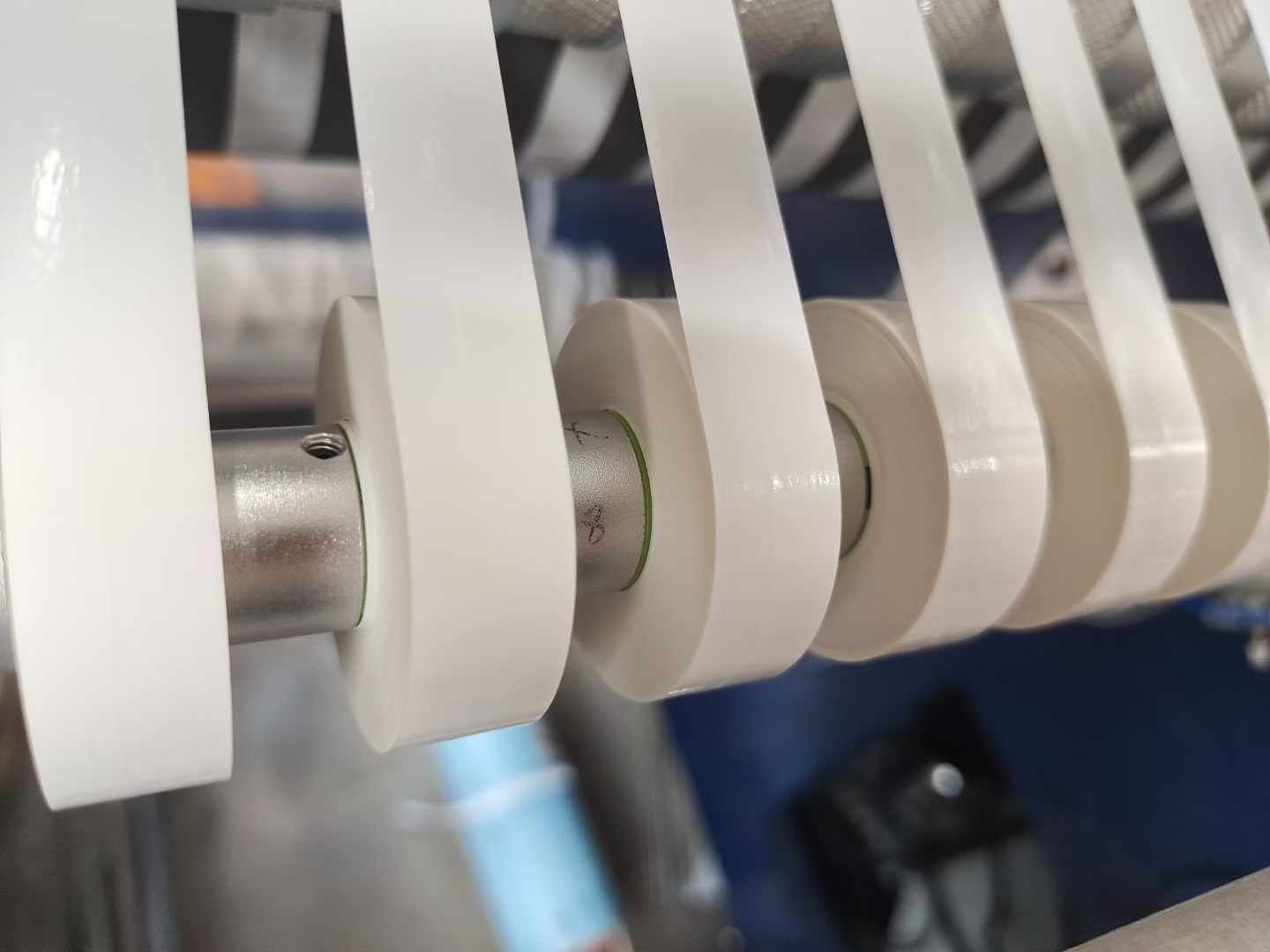 Technical analysis of high-precision slitting machine for label and tape slitting27. April, 2025
Technical analysis of high-precision slitting machine for label and tape slitting27. April, 2025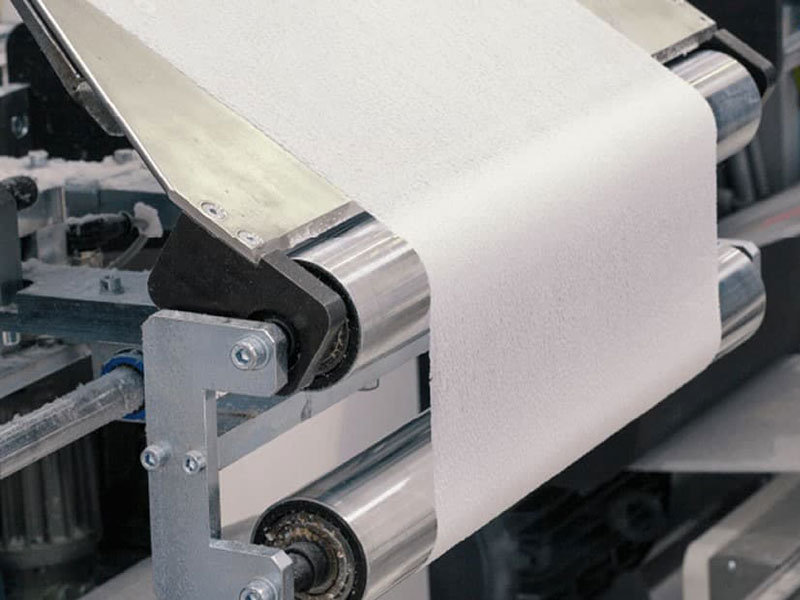 Efficient solutions for nonwovens slitting: a detailed explanation of the industrial application of slitting machines27. April, 2025
Efficient solutions for nonwovens slitting: a detailed explanation of the industrial application of slitting machines27. April, 2025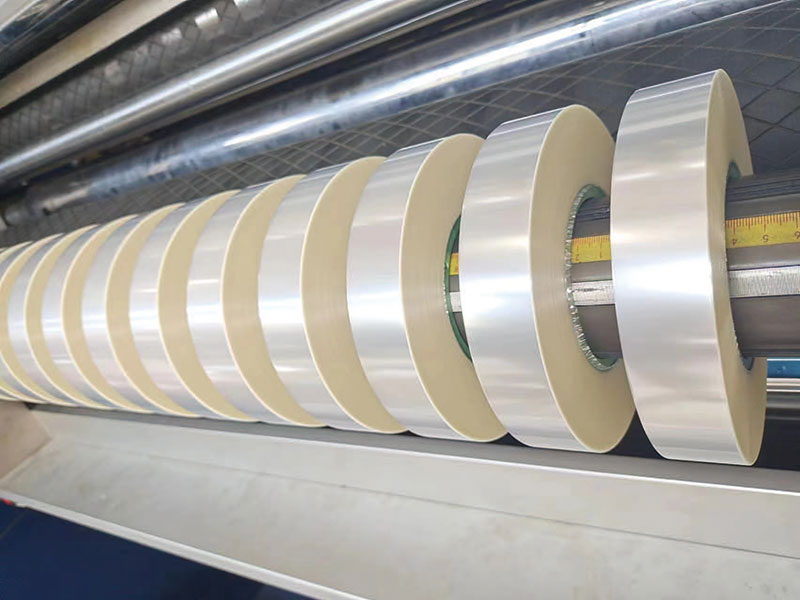 How does a film slitting machine reduce waste? Efficient slitting technology to reduce losses26. April, 2025
How does a film slitting machine reduce waste? Efficient slitting technology to reduce losses26. April, 2025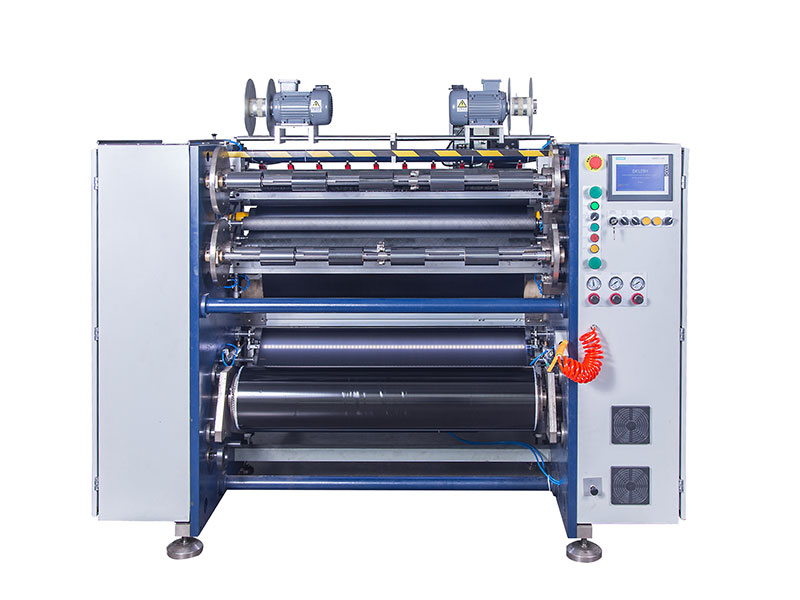 Ribbon slitter is an efficient solution to reduce consumables waste26. April, 2025
Ribbon slitter is an efficient solution to reduce consumables waste26. April, 2025
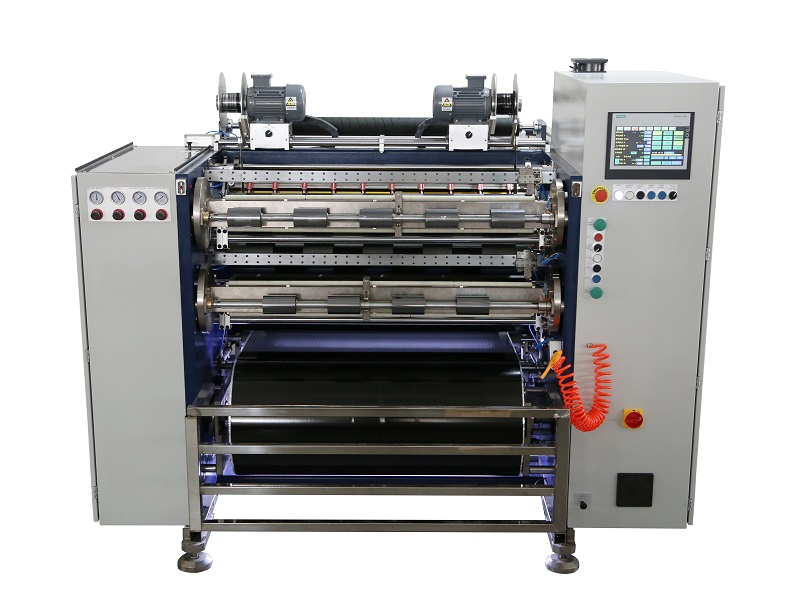 Fully Automatic TTR Slitter RSDS8 Plus
Fully Automatic TTR Slitter RSDS8 Plus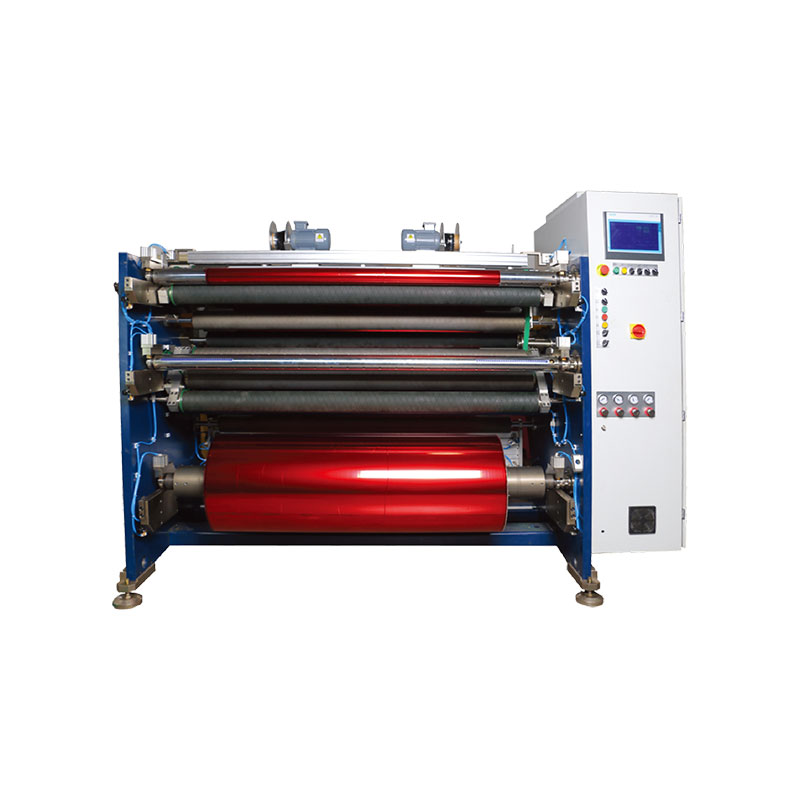 Hot Stamping Foil Slitter 1600mm
Hot Stamping Foil Slitter 1600mm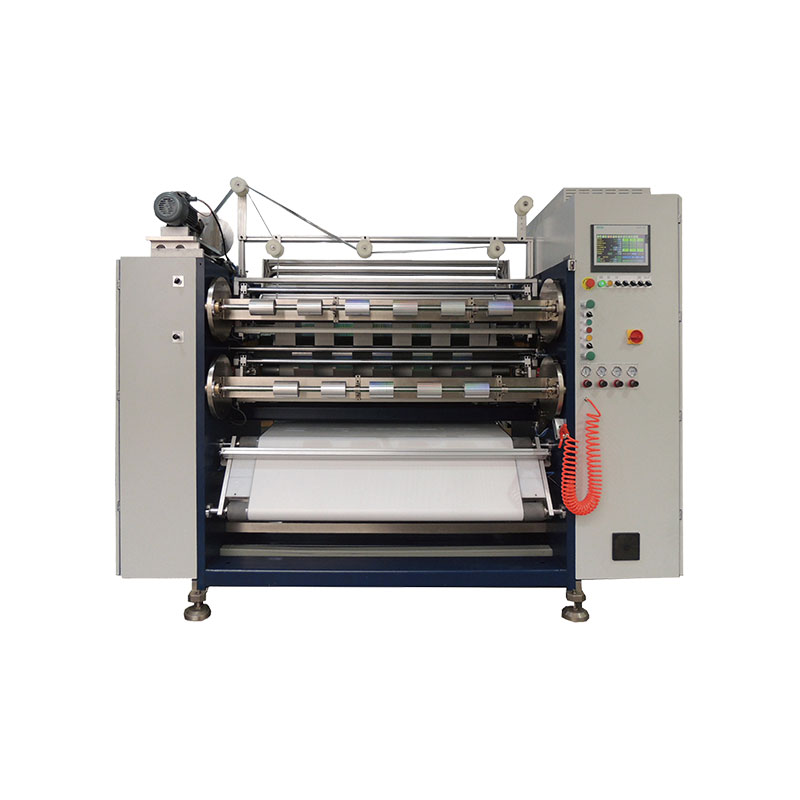 Hot Stamping Foil Slitter (4 Shafts)
Hot Stamping Foil Slitter (4 Shafts)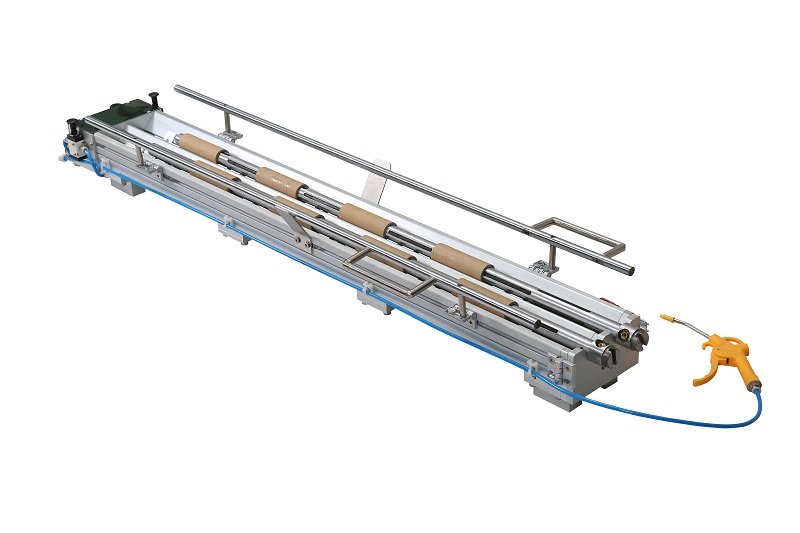 Paper Core Loading Machine
Paper Core Loading Machine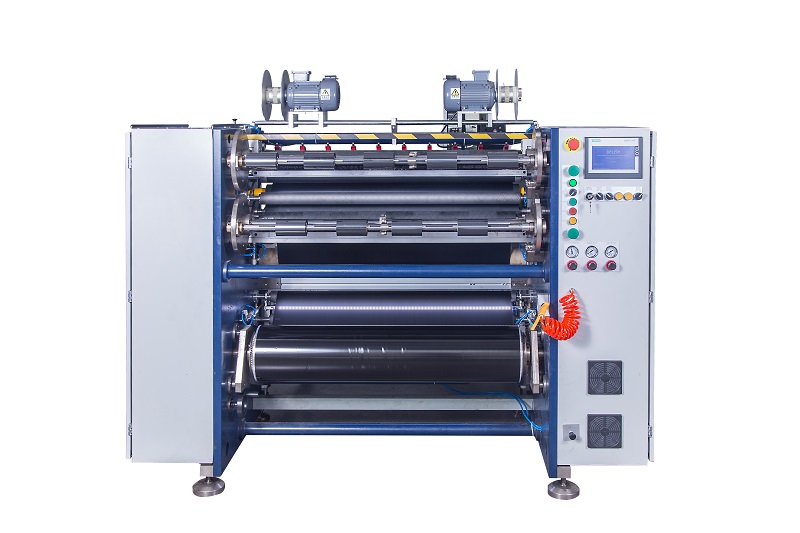 Semi-Auto TTR Slitter RSDS2 Plus
Semi-Auto TTR Slitter RSDS2 Plus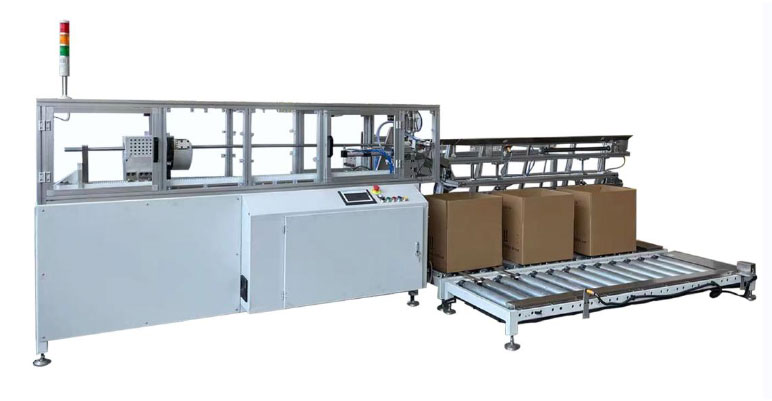 Auto Paper Core Cutter
Auto Paper Core Cutter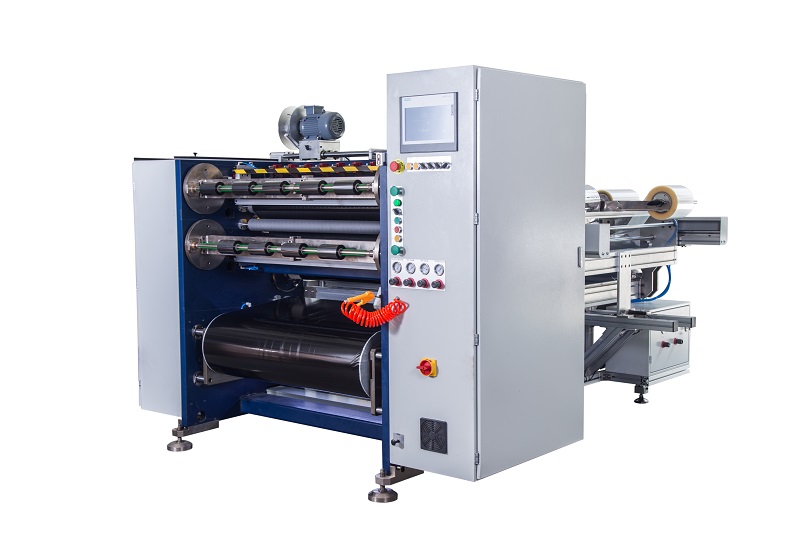 Semi Automatic TTR Slitter RSDS5 Plus
Semi Automatic TTR Slitter RSDS5 Plus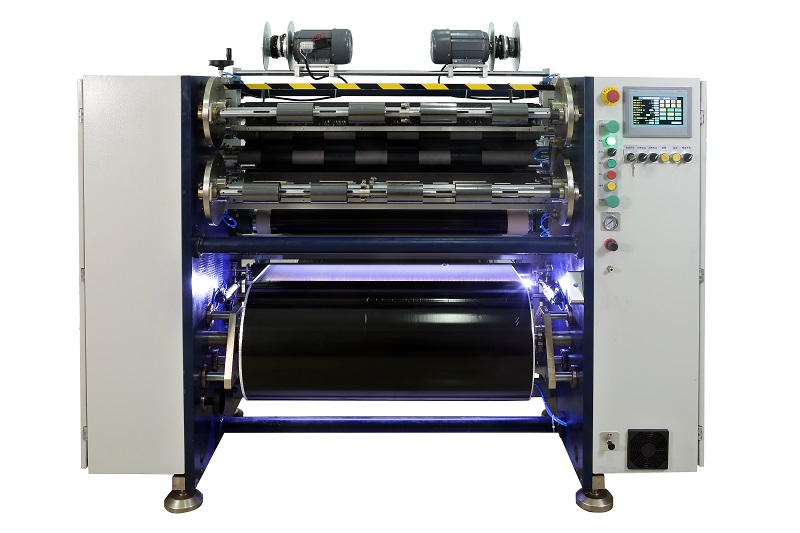 Manual TTR Slitter RSDS2
Manual TTR Slitter RSDS2





